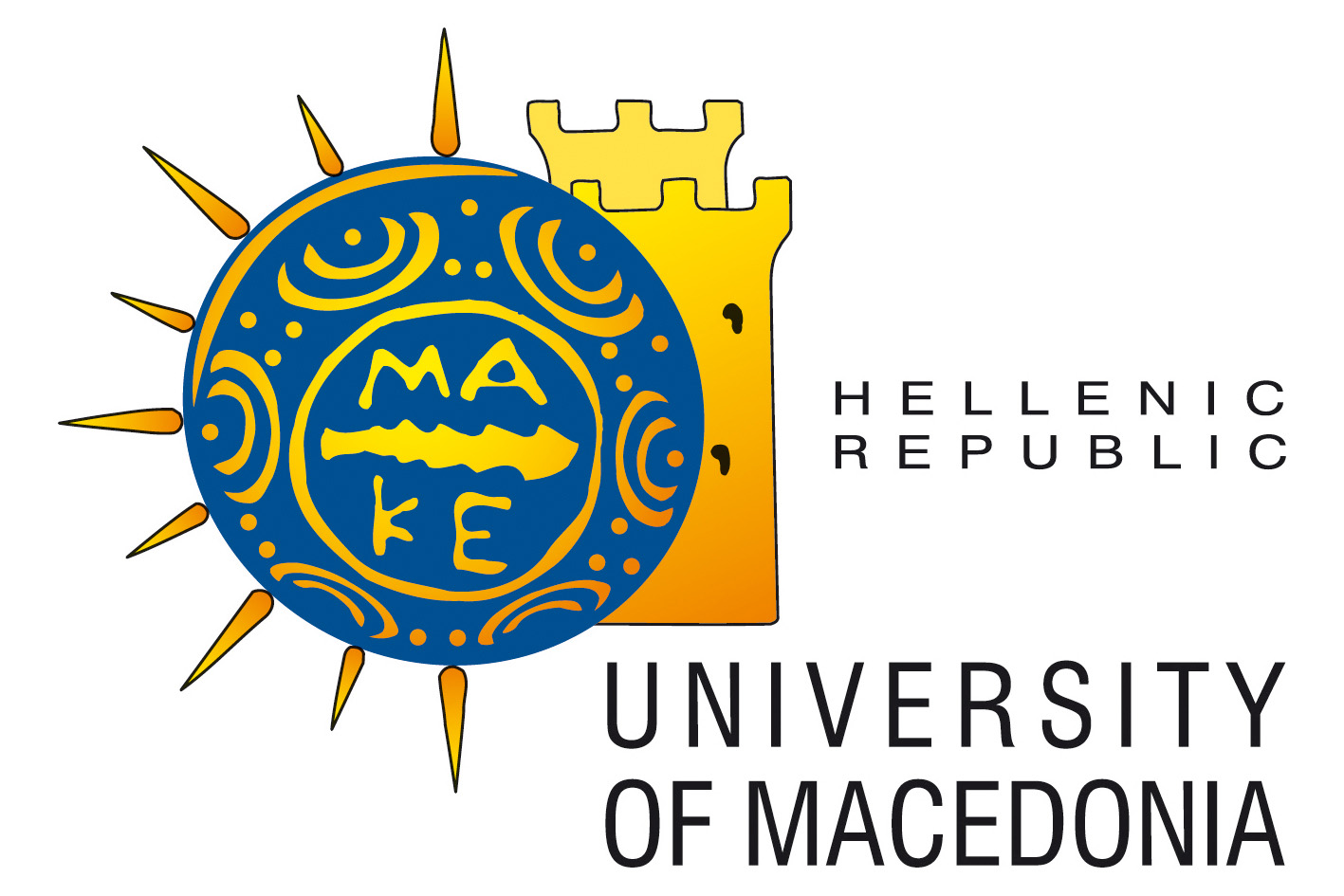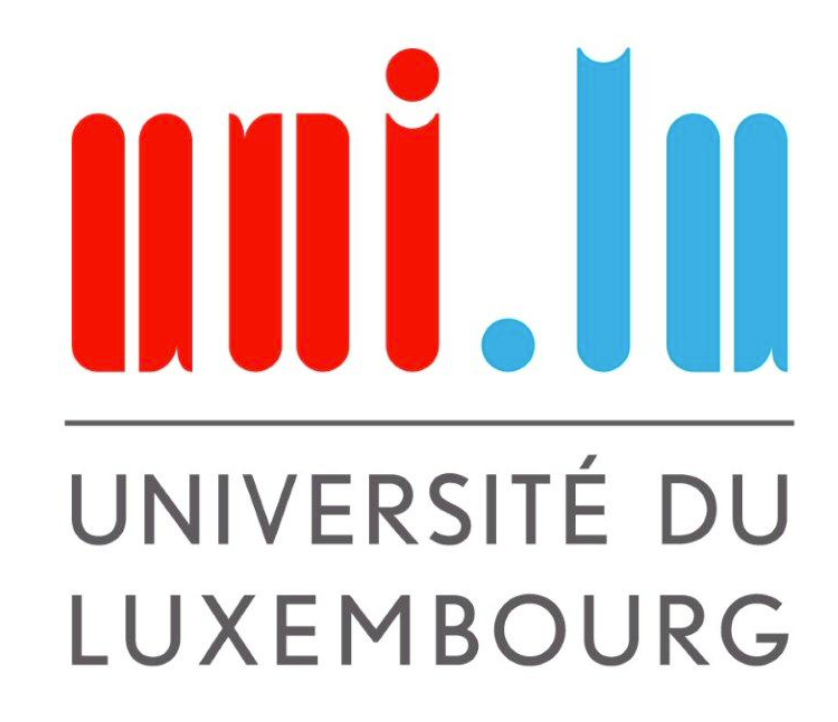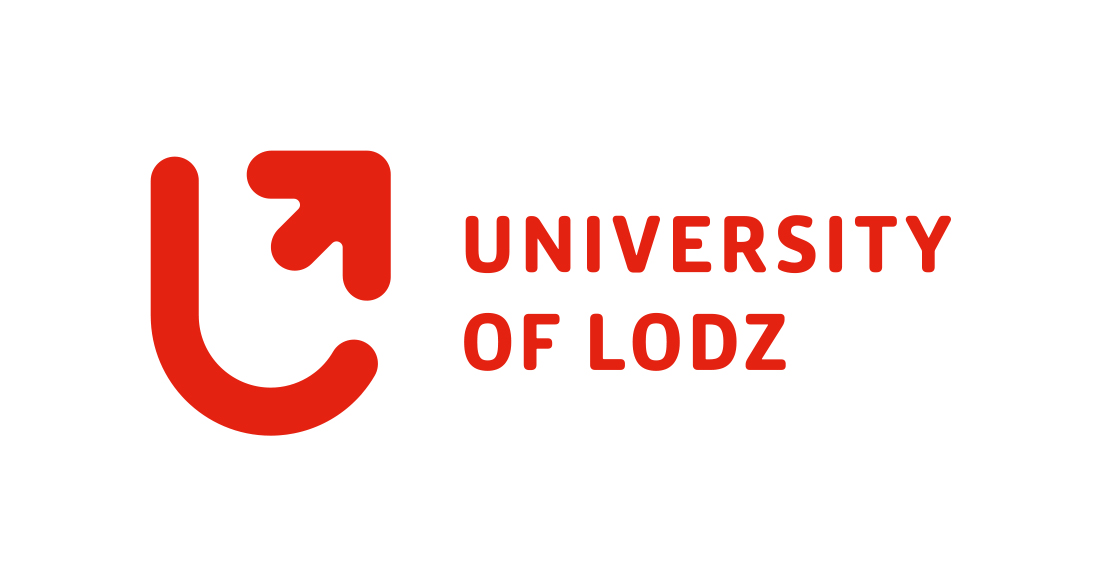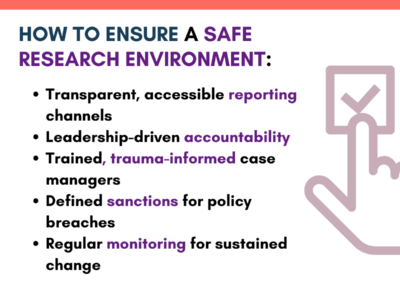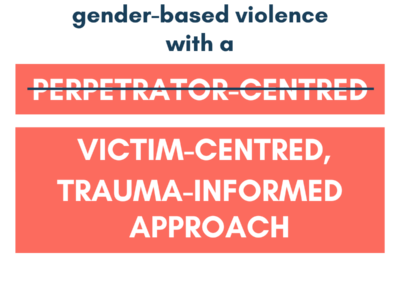The GenderSAFE pledge for zero tolerance to gender-based violence
Join the movement and pledge
for zero tolerance to gender-based violence
in academia and research!
Gender-based violence in the ERA: prevalent, unreported and tolerated.
Recent European research study shows that gender-based violence is widely prevalent across European higher education and research institutions and countries. Nearly 62% of students and academic staff have disclosed having experienced at least one form of gender-based violence in their place of work or study (UniSAFE survey; Lipinsky et al. 2022a; Humbert et al. 2022).
This violence, whatever the form, remains largely unreported: 93% students and 77% staff disclosed not considering the behaviour serious enough to report, not recognising the behaviour as violence at the time of the incident, or not thinking that anything would happen if they reported it (Lipinsky et al. 2022b). Despite institutional advances, policies against gender-based violence generally lack effectiveness, are poorly designed and implemented, and rarely monitored and evaluated (Huck et al. 2022; Pilinkaite Sotirovic & Blazyte 2022; Linková et al. 2023; Ranea-Triviño et al. 2022).
It’s time to change!
The Commission’s ERA Forum Sub-group ‘Inclusive Gender Equality in the ERA has recently published a Zero-tolerance code of conduct. It aims to address incidents of gender-based violence in research and higher education environments by setting out a common approach, definitions, and a list of principles to guide all stakeholders and individuals in the ERA, to create a European Research and Innovation environment free from all forms of gender-based violence, based on the values of gender equality and inclusiveness, respect, dignity and safety.
In alignment with the Zero-Tolerance Code of Conduct, we’re calling on higher education institutions, research organisations, and all ERA stakeholders to take a bold stand against any form of gender-based violence by committing to its principles.
The Code of Conduct is intended for all members of the research and innovation system across Europe, including researchers and administrators, employers, funders, and policy-makers, in all sectors and disciplines and in all types of research and innovation conducted. It consists of 20 principles organised around three pillars.
PILLAR 1: COMMITMENT
This pillar defines the underlying commitment principles for this Zero-Tolerance Code of Conduct and are the bedrock for any action and policy addressing gender-based violence in research and innovation. Because they are transversal in nature, they are to be inscribed in
all the other principles under Pillars 2 and 3.
- Acknowledge the existence and systemic nature of gender-based violence in research and innovation institutions and the responsibility of institutions to proactively create safe and inclusive working and studying environments, recognising that:
– Unequal power relations exist in higher education and research and innovation;
– Intersectional gender inequalities figure among the causes and consequences of gender-based violence;
– Experiences of gender-based violence fall along a continuum of violence and abuse.
2. Adopt a whole-of-institution, trauma-informed, and victim- and survivor-centred approach.
PILLAR 2: ACTION
The second pillar focuses on the concrete actions that all the stakeholders in the European Research Area should take in order to turn the commitment to creating safe and inclusive research and innovation environments into the lived reality of researchers and students.
This requires:
1. Adopting comprehensive policies to address all forms of gender-based violence.
2. Working in partnerships with relevant actors and stakeholders across the entire research and innovation system as well as in specialised non-profit organisations.
3. Ensuring the continued monitoring of prevalence and/or incidence data at the institutional level through administrative data collection, surveys, or other means.
4. Taking preventative actions, including proactive risk assessment, such as having a policy and institutional mechanism in place, extensive communication and awareness-raising campaigns regarding the policy and unacceptable behaviours, and addressing organisational cultures with a view to building safe and inclusive work environments.
5. Allocating time and resources for capacity building on gender-based violence and sexual harassment in particular. Specific training and skills building should be integrated into standardised induction/orientation programmes for staff and students, tailored for specific roles, should be compulsory for decision-makers, group leaders, and staff in a supervisory or managerial role, and should be provided/reinforced on a regular basis.
6. Creating support structures for victims, survivors, and bystanders with adequate measures to protect them from retaliation and for their recovery.
7. Supporting mutual learning and exchange at all levels and across all types of institutions and stakeholders.
8. Integrating the work that aims to prevent and respond to gender-based violence with the work that is striving for gender equality and inclusiveness in higher education institutions through Gender Equality Plans, in order to create safe and inclusive research and innovation environments for all.
PILLAR 3: ACOUNTABILITY
The third pillar is aimed at defining the appropriate measures for ensuring that policies are implemented and for achieving the stated goal of gender equality, inclusiveness, respect, dignity, and safety in the ERA. Institutional leaders and decision-makers in the R&I system are responsible for the implementation of the Zero-Tolerance Code of Conduct and for establishing an appropriate institutional accountability mechanism to address all forms of gender-based violence, to handle cases, and to implement restorative measures. Such measures include:
1. Openly publishing and communicating information on unacceptable behaviours defined by the Zero-Tolerance Code of Conduct and establishing reporting procedures, both online and at the entry points to the institution, such as the ombudsperson’s office, confidential councillors, contact persons, and the like.
2. Clear reporting procedures with adequate timelines for consecutive steps and measures to secure the rights of all parties, including the provision of clear information to victims on the steps and progress of the reporting and investigation procedures.
3. Assigning responsibility at a senior level for overseeing the reporting mechanisms /procedures.
4. Equipping case managers and investigators with a thorough understanding of gender-based violence and the skills to manage victim-centred, trauma-informed investigations.
5. Establishing clear roles and responsibilities throughout the entire procedure of case management.
6. Putting in place processes to address breaches of institutional policy in the absence of formal complaints (such as sexist, LGBTIQ-phobic or sexual remarks).
7. Clearly defining forms of sanction, tailored to the type of institution (Research Performing Organisation/Research Funding Organisation/other), for breaches of policy, and working with reporting and responding parties to achieve safety, respect, and dignity for all researchers and for preventing recurring breaches.
8. Actively monitoring and evaluating the measures put in place to assess their effectiveness, identify gaps and needs, react to newly emerging issues, and ultimately build confidence in and the sustainability of the system.
9. Introducing mechanisms for inter- and intra-institutional accountability to ensure the non-recurrence of gender based violence at the individual and systemic levels, including measures to prevent multi-site serial misconduct.
10. Ensuring sufficient resources are put in place to implement the above.
Sign the pledge as an organisation
Sign the pledge as an individual
They have signed!
Full name | Institution | Country |
|---|---|---|
Kyara Martin | University of Bristol | United Kingdom |
Anna Gilmore | Researcher | UK |
Rachel Hobin | United Kingdom | |
Astrid Schwarzenberger | DLR Project Management Agency | Germany |
Véronique Renard | Belgium | |
Angela Sy | United States | |
Ingrid Schacherl | Austria | |
Irena Cikotiene | Lithuanian Sports University | Lithuania |
David Oboladze | Georgian State Teaching University of Physical Education and Sports | Georgia |
Anđela Pepić | Bosnia and Herzegovina |

Subscribe to our newsletter !
Keep up to date with the latest project news, developments, and results.



